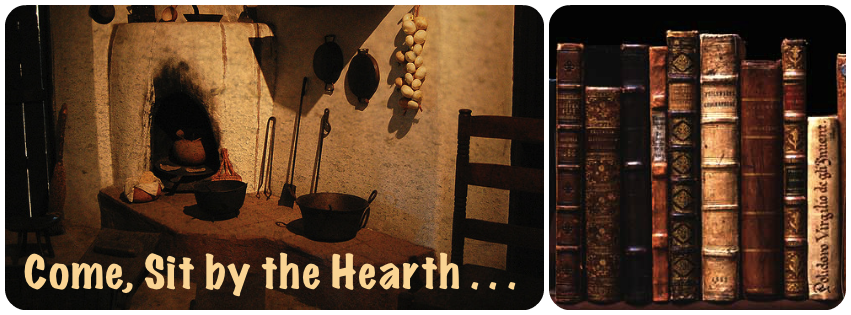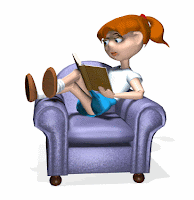Although an avid reader from childhood, I never thought about which books most influenced me as I grew. So I decided to give it some thought and I humbly offer my conclusions below.
The original lists were limited to ten, but I somehow ended up with eleven and just can't bring myself to cut any of my choices. You see, the books I love, even from childhood, have continued to occupy a prominent place in my living space, and my heart.
1). The Velveteen Rabbit by Margery Williams
2). The Giving Tree by Shel Silverstein
These are stories of sacrifice and selfless love. Did they plant their seeds in my soul, or only nurture seeds already there?
3). The Secret Garden by Frances Hodgson Burnett
4). A Wrinkle in Time by Madeleine L'Engle
5). To Kill a Mockingbird by Harper Lee
Stories about outcasts always resonated for this loud, socially tone deaf, preadolescent tomboy. (they still do) The struggle of morality and ethics against social and political constraints was also a theme I've been drawn to repeatedly.
That, and I needed to believe happy endings were possible. I've read Secret Garden nearly every year since the first time, at 10 years.
That, and I needed to believe happy endings were possible. I've read Secret Garden nearly every year since the first time, at 10 years.
6). Fanny Hill by John Cleland
Ooo La La! All right, I admit that at ten, Cleland was way over my head. As the years passed I realized that the true impact of this book was more in my parents' reaction to my reading it than the book content, itself. Books prompted questions and discussion in our house, not censorship. But being parents, I'm sure they relaxed when they realized that the most controversial parts were really going over my head.
When I revisited the book as an adult, the bawdy descriptions of lustful assignations bore no resemblance to any reality I had experienced. But the talks with my mother that it prompted were both educational and enlightening.
The connections built and strengthened through such discussions were enduring and priceless.
The connections built and strengthened through such discussions were enduring and priceless.
7). Animal Farm by George Orwell
8). Fahrenheit 451 by Ray Bradbury
9). A Brave New World by Aldus Huxley
Then came social politics. (And Books!) These books offered a safe view outside of my cocoon, at issues that have been - and continue to be - handed down, in one form or another, for millennia. (And Books!) They sparked a flame that still burns.
It was also not in my makeup to by pass a whole book about books and reading (Fahrenheit 451), especially one that highlighted their important position as the center of all existence. (Did I mention, Books!)
10). Jane Eyre by Charlotte Bronte
The outcast was grown and out on her own in Jane Eyre. Homely girl makes good after all. I don't like soppy endings, but everyone needs some happiness and I think I saw myself in Jane. Bookish and socially stunted, if she could find happiness then perhaps I could as well.
11). The Great Divorce by C.S. Lewis
Finally, have you ever read a book and found it pulling together the disparate threads of your psyche into a coherent whole? That is what happened to me when I fell into Lewis' The Great Divorce. I found that it enabled me to see a big picture view of life: society, spirituality, structure.
Viewing myself through a filter of the kind of books I read is an interesting exercise. In today's climate of intellectual repression, I shudder to think of my entire reading list in the hands of the "thought police," but I can not even imagine my existence without books.
Wait! Didn't I read that somewhere?


No comments:
Post a Comment